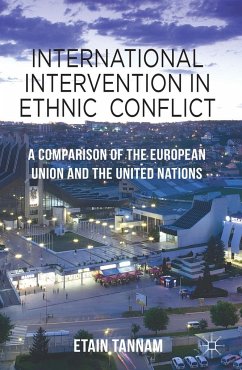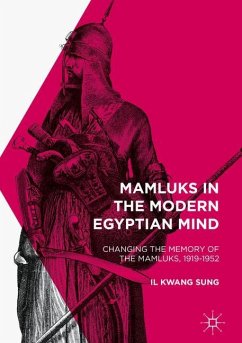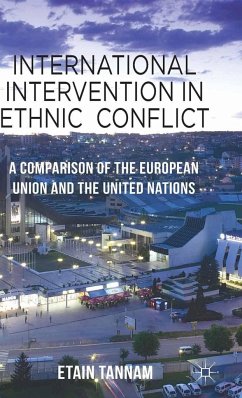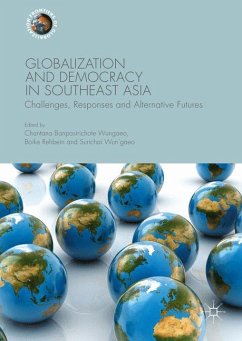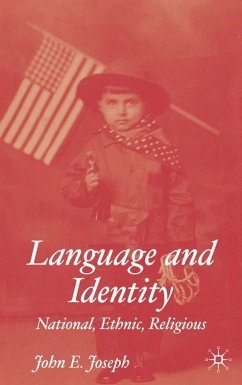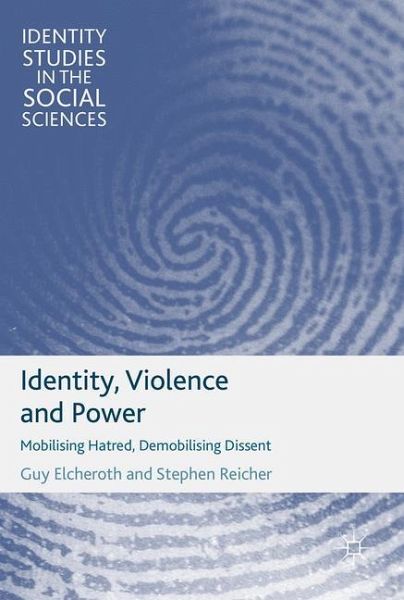
Identity, Violence and Power
Mobilising Hatred, Demobilising Dissent
Versandkostenfrei!
Versandfertig in 6-10 Tagen
68,99 €
inkl. MwSt.
Weitere Ausgaben:

PAYBACK Punkte
34 °P sammeln!
This book provides a systematic examination of the re-patterning of collective identities through violence and the role of power politics in such critical transitions. The authors show how identity is created through shared social practices and how it is transformed when collective violence disrupts common practices. Three case studies show how this model sheds new light on the dynamics of religious violence in parts of India, on ethnic violence in the former Yugoslavia, as well as on anti-war protest in the UK in reaction to the military invasion of Iraq.The book explores an alternative way o...
This book provides a systematic examination of the re-patterning of collective identities through violence and the role of power politics in such critical transitions. The authors show how identity is created through shared social practices and how it is transformed when collective violence disrupts common practices. Three case studies show how this model sheds new light on the dynamics of religious violence in parts of India, on ethnic violence in the former Yugoslavia, as well as on anti-war protest in the UK in reaction to the military invasion of Iraq.
The book explores an alternative way of looking at conflict, and dissects the policies and processes that bring specific identities to the fore, taking seriously the capacity to resist and face abusive authority.
Identity, Violence and Power will be of interest to students and scholars of sociology, social psychology, history, political science and conflict studies.
The book explores an alternative way of looking at conflict, and dissects the policies and processes that bring specific identities to the fore, taking seriously the capacity to resist and face abusive authority.
Identity, Violence and Power will be of interest to students and scholars of sociology, social psychology, history, political science and conflict studies.





